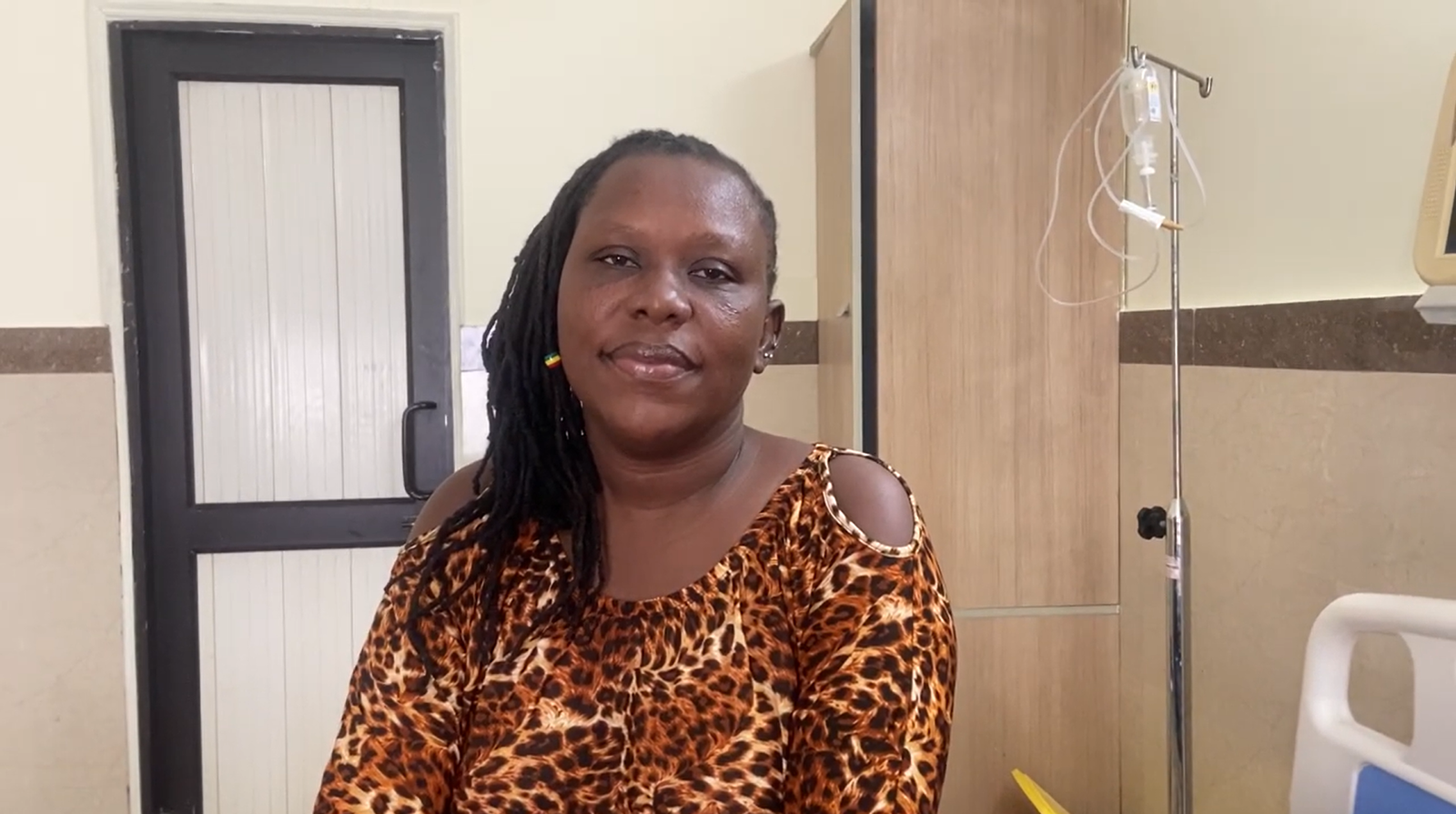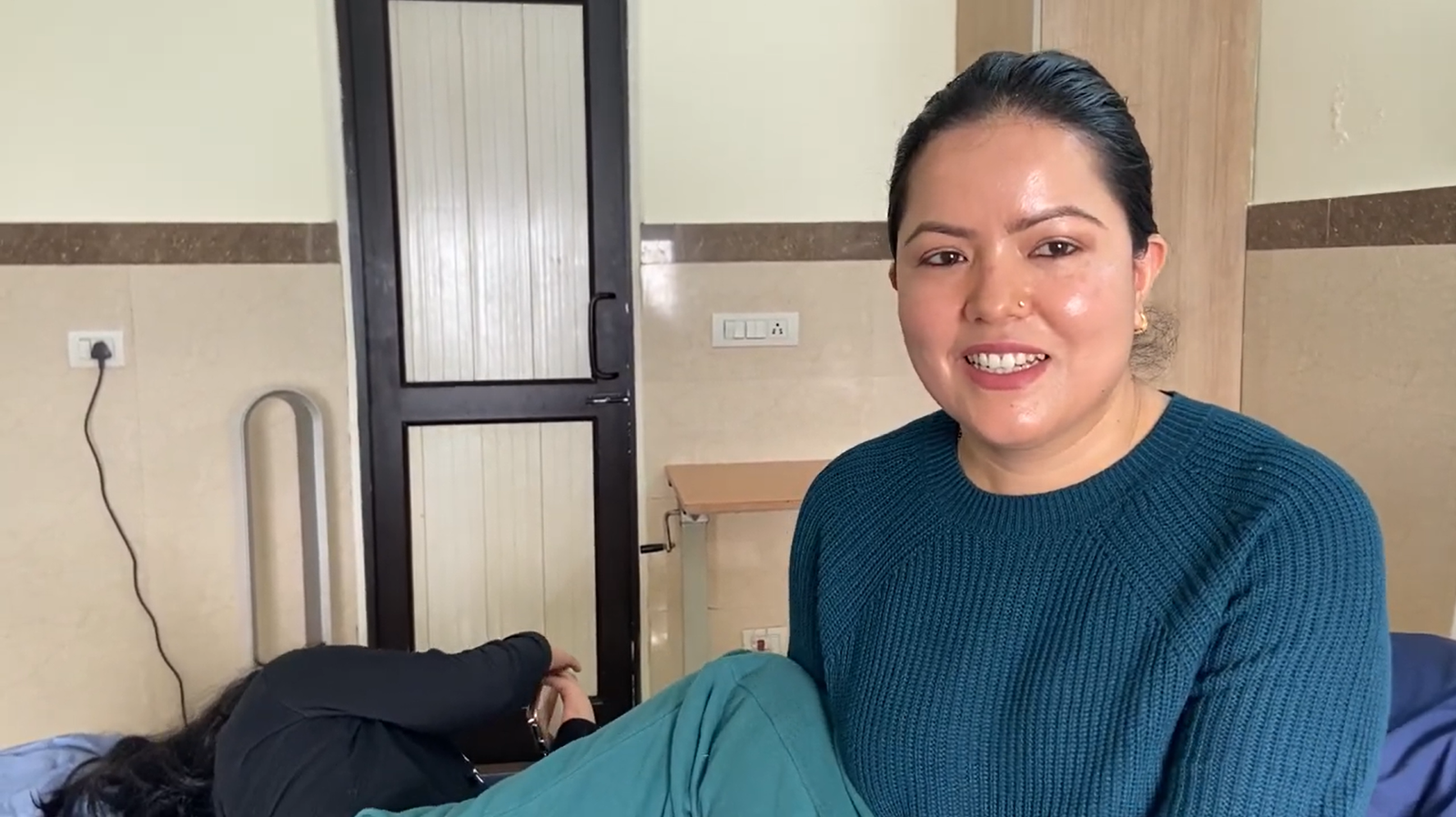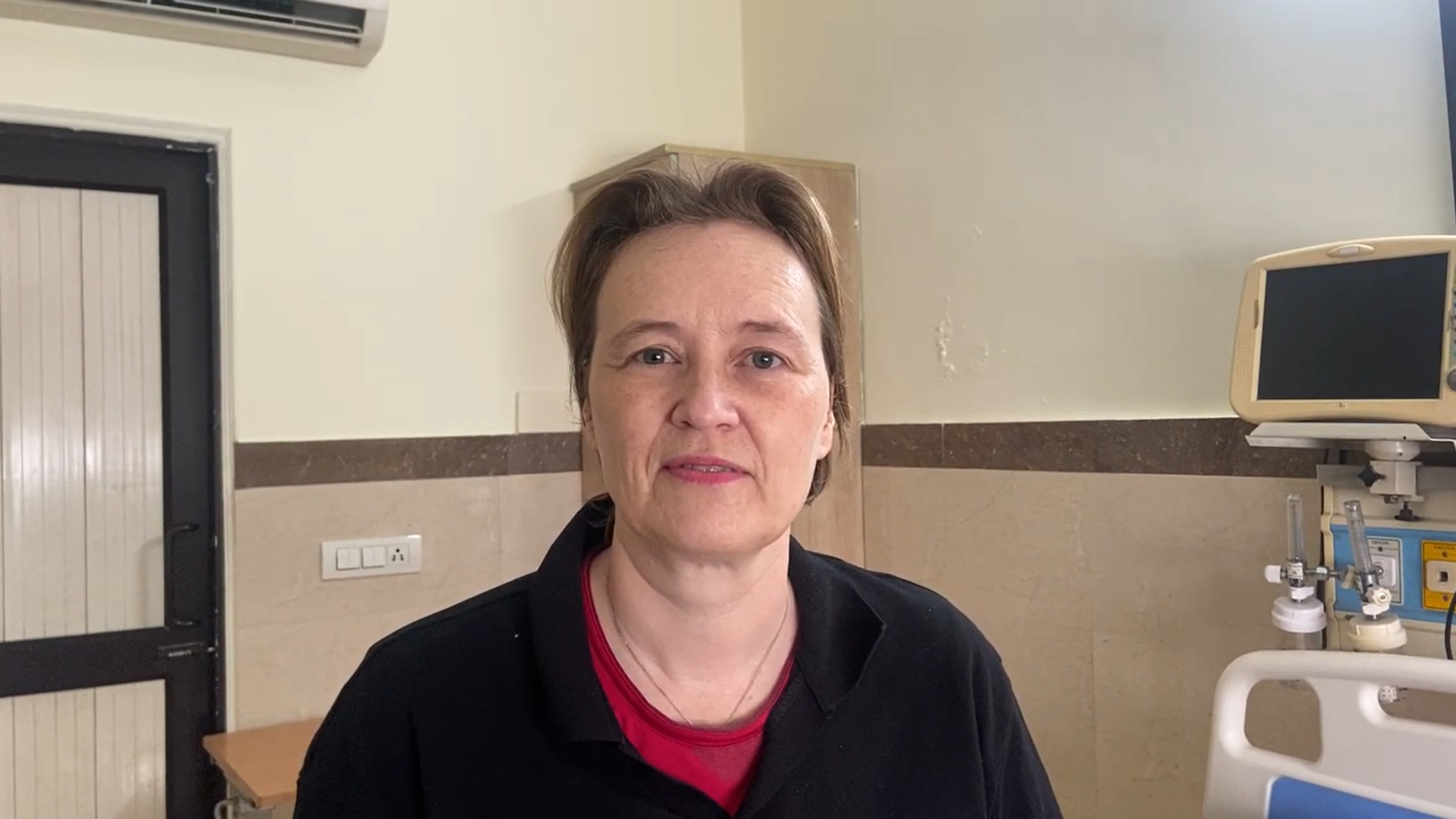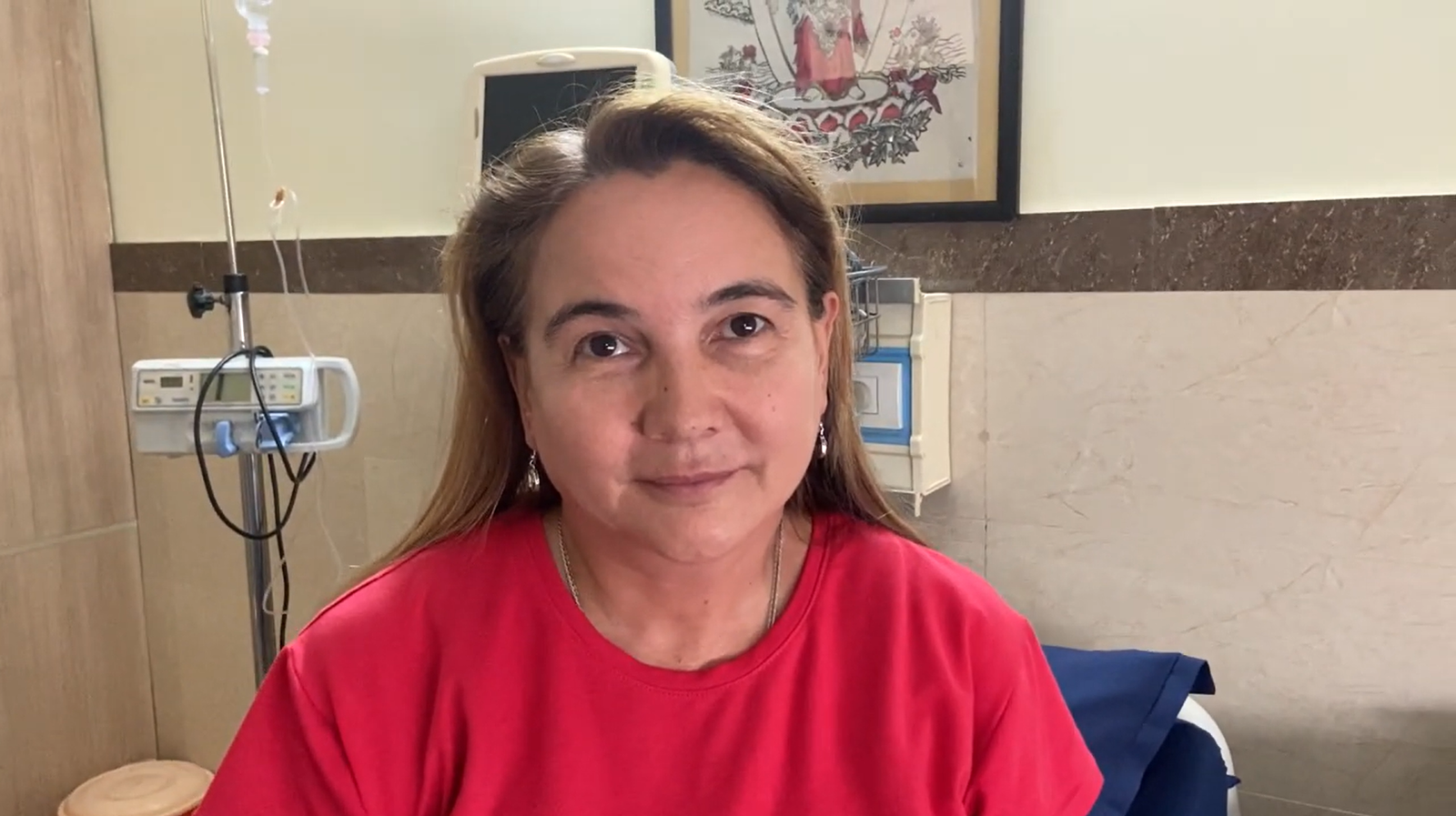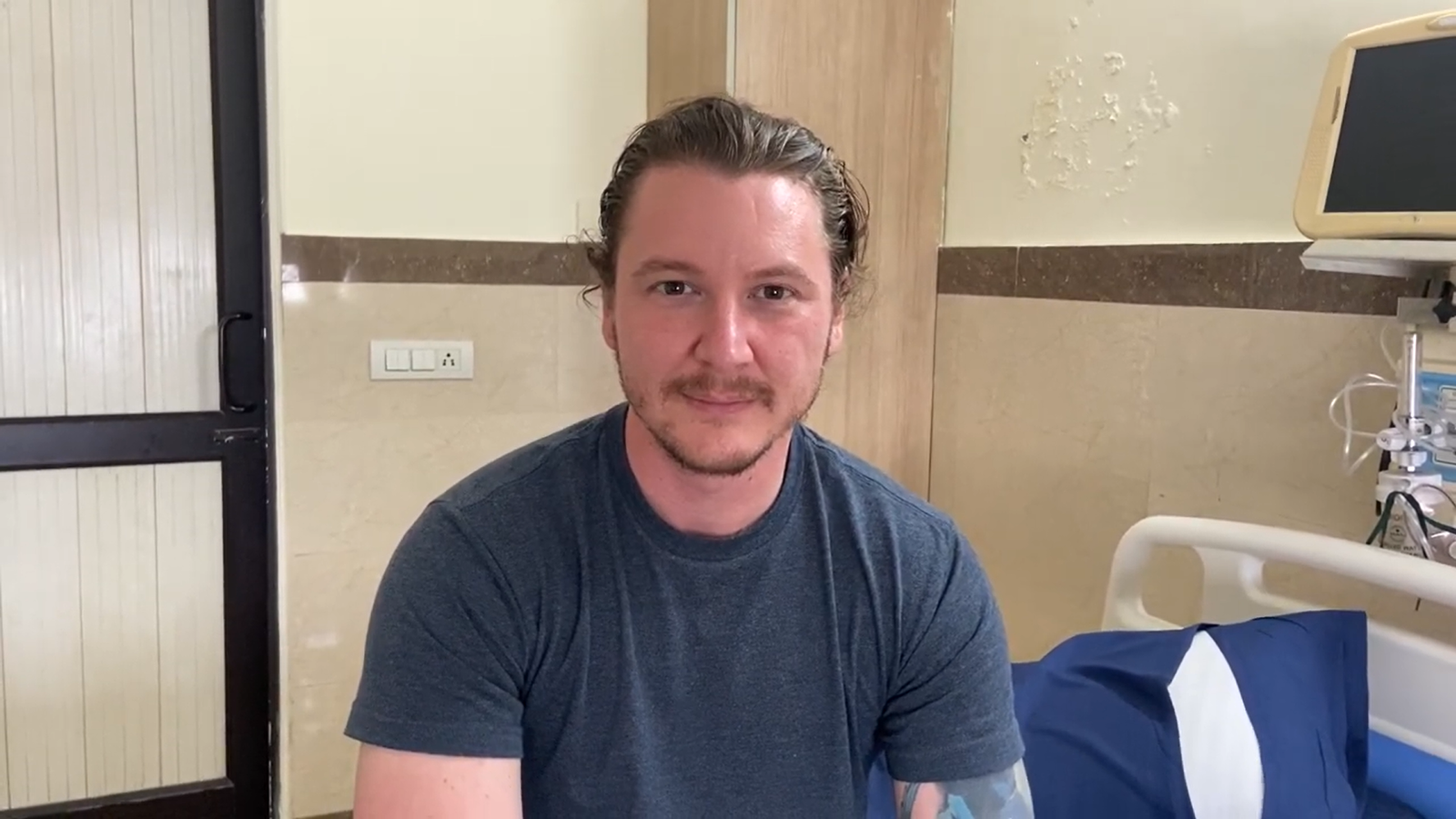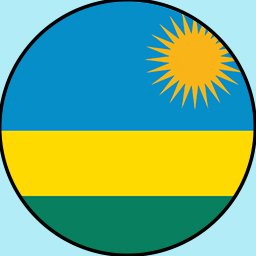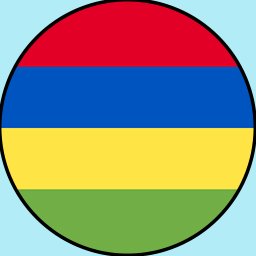Exosome Therapy for Cardiovascular Disease

Do you know about exosome therapy emerging as a new hope for treating cardiovascular disease? Exosomes are the tiny particles released from cells that carry important signals to aid healing. In cardiovascular disease, where the heart and blood vessels are damaged, exosome therapy targets the repair of tissue and reduction of inflammation. Of interest here is how scientists research exosomes with the goal of improving the functionality of the heart and resultant recovery.
Although still in its infancy, this therapy may finally open doors for treatment or repair of conditions affecting the heart in the future. Let’s find out how exosome therapy may change the way doctors treat cardiovascular disease in the coming years.
What Causes Cardiovascular Disease?
A group of disorders that affect the heart and blood vessels is commonly called cardiovascular disease or CVD. Some of the common conditions that fall under CVD are a heart attack, stroke, and high blood pressure. Above all, knowing what causes cardiovascular disease can be helpful in terms of prevention and management. Several entities relating to lifestyle act as the risk factors, and the degree of control is necessary to make informed choices in order to improve heart health. Major causes of cardiovascular diseases are as follows.
- High Blood Pressure: Popularly known as hypertension, too much pressure in the blood can damage the vessels gradually and cause heart disease and strokes.
- High Cholesterol: More cholesterol levels may cause even more cholesterol to accumulate within the arteries due to which they lessen their area, and they are more prone to developing heart conditions.
- Smoking: Smoking tobacco can cause damage to blood vessels, and reduces the level of oxygen in blood, which creates difficulties for the heart to work accordingly.
- Poor Diet: A diet that is highly saturated with fats, trans fats, sugars, and salt leads to obesity, high cholesterol levels, and high blood pressure.
- Physical Inactivity: It leads to obesity, which further causes low cardiovascular fitness. Regular exercise is also a necessity to keep the body mass index at its ideal range and attain the ideal cardiovascular fitness.
- Obesity: Further strain on the heart is caused by extra body weight. Increased risk for high blood pressure and diabetes naturally increases the chance of acquiring CVD.
- Diabetes: The direct continuation of high blood sugar in the body causes vessel damage, which will give way to heart disease very easily.
- Stress: Chronic stress can lead to heart disease as it may cause poor dieting, smoking, or even other habits of physical inactivity.
- Family History: If you have a family history of problems that relate to the heart, then genetics might play a role in contributing to the risk of cardiovascular disease.
- Age: As one grows older, so do the chances of having cardiovascular disease. More opportunities occur in men after attaining 45 years and more after 55 years in women.
Treating Cardiovascular Disease With Exosome Therapy
Cardiovascular disease affects the heart and blood vessels and causes severe health complications, such as heart attacks and strokes. Current treatments include drugs, lifestyle modification, and surgery can be used to treat this condition. However, researchers look into new and innovative therapies to treat CVD. This includes exosome therapy. Exosomes are small vesicles released from cells that carry significant proteins and genetic material. They play an essential role in cell communication, making exosomes useful as an additive in the healing of damaged tissues. This treatment has also been found to be helpful in improving cardiac conditions and repairing damage caused by CVD. Some key highlights of exosome therapy for cardiovascular diseases are explained as follows:
- Natural Healing: These exosomes are naturally present in the body and are involved in cell to cell communication. Along with that, they can also be helpful for repairing and healing damaged tissues in the heart and blood vessels.
- Reduce inflammation: Often CVD is accompanied by inflammation. Exosome therapy reduces the inflammation caused in the heart. This improves the overall functionality and health of the heart.
- Stimulating blood vessels to construct: Exosomes can induce angiogenesis, or the process of developing new blood vessels. It may increase blood supply to apparently damaged regions of the heart or areas that are not receiving sufficient oxygen supply.
- Safety and efficacy: Preliminary research suggests that exosome therapy is safe with a potentially lower incidence of side effects in comparison to other treatments for CVD.
Exosome therapy is currently undergoing studies in clinical research. It is being looked at in terms of its efficacy in the therapy of many forms of cardiovascular disease and how best it should be used.
Success Rate of Exosome Therapy for Cardiovascular Disease
Exosome therapy is a very promising treatment for cardiovascular diseases. Exosomes are tiny particles released from cells that facilitate the communication between one cell and another. Due to the presence of proteins and genetic material inside exosomes, healing and reducing inflammation occur in damaged heart tissue.
Exosome therapy might possibly be used to treat heart conditions. Studies now tell us that exosome therapy has the potential of improving heart condition. In experiments with animals, these particles have improved the efficiency of their hearts and diminished injury after the disease attack. For heart patients, preliminary evidence indicates that exosomes may be capable of fixing tissue for a patient, increase blood flow, and cease the symptoms such as chest discomfort and exhaustion.
The success rate of exosome therapy has been widely variant. Some studies have reported good results in about 70% cases, and some far fewer. Obviously, all such factors-the patient’s overall health condition, the severity of the disease, and the timing of the treatment-will affect outcomes.





